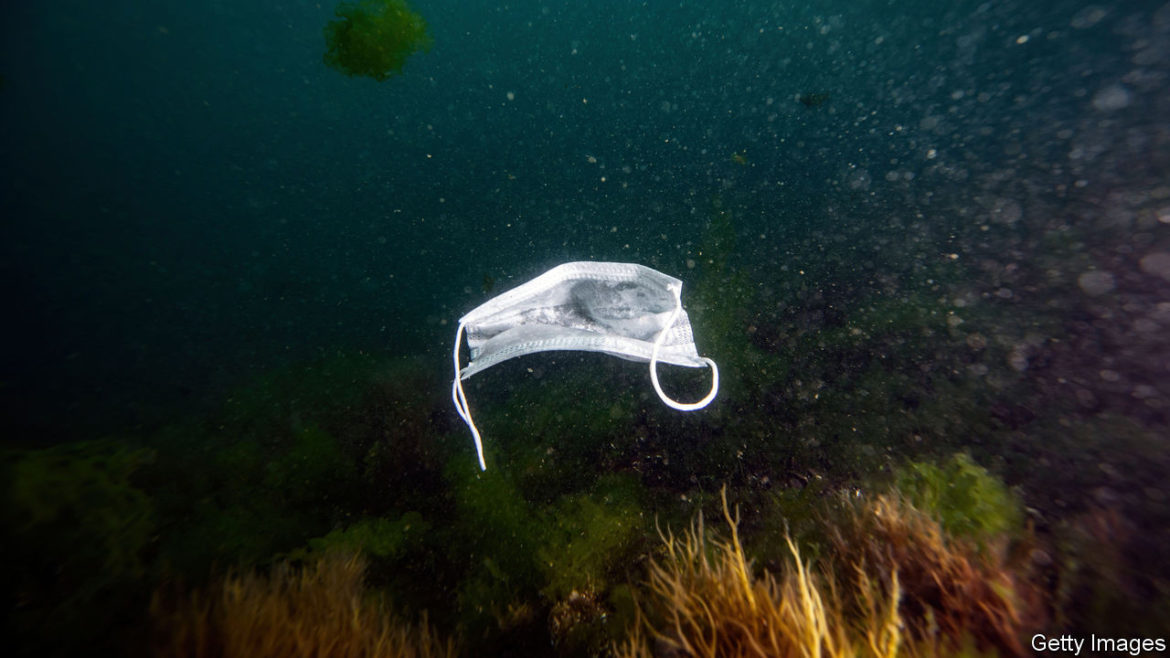The coronavirus pandemic is creating an unwanted surge in plastic consumption. The rise has been driven by necessity such as, gloves, visors, gowns, personal protective equipment (PPE) gears, masks etc. The main component in hand sanitizer bottles, testing kits, delivery packaging, takeout containers, is plastic!
These items have been helpful in protecting frontline workers and medical staff from the COVID-19 spread and transmission. As the news of the outbreak circulated, there was a severe shortage in these items in the market and prices surged.
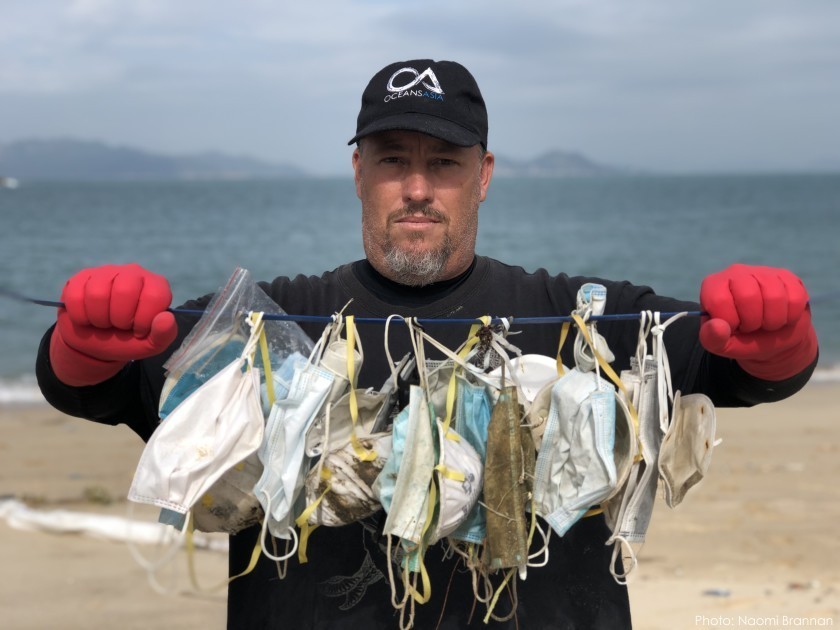
Dozens of masks collected from Hongkong Beach (source Los Angeles Times)
A greater worry is the work of years being shunned away- COVID-19 will, and has started to, reverse the long worldwide battle with single-use plastic. Spikes in single-use plastics are a reaction to the Pandemic. In some countries, such as the US, ban on plastic bag policies were delayed and even reversed due to hygiene fears rising from reusable alternatives.
Many food chains and restaurants that once supported ‘reusable utensils’ policy have swung to take-out operations. Big players like Dunkin, McDonald’s and Starbucks have put a hold on ‘bring your-own reusable cups’.
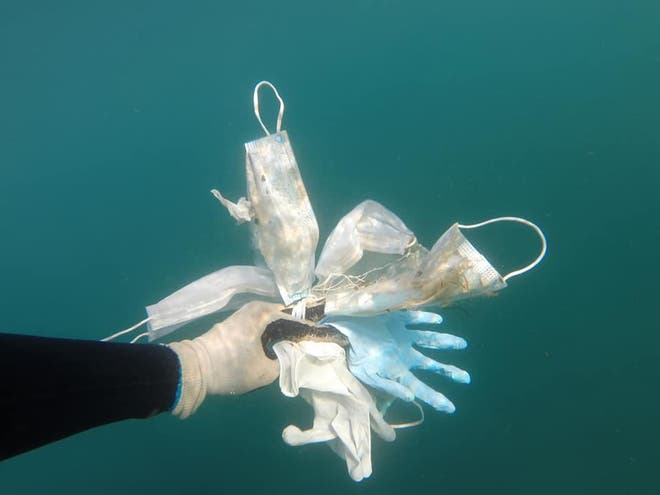
The disposal of these items is the troubling concern and one of the worse consequences of this crisis. This virus, that has already devastated economies and healthcare systems, will now leave us with another battle to fight, which will take years, no decades to fix!
Environmental groups warn that all plastic material — even though potentially life-saving — can overwhelm cities globally where recycling strategies and waste collection have been restricted due to lockdowns.
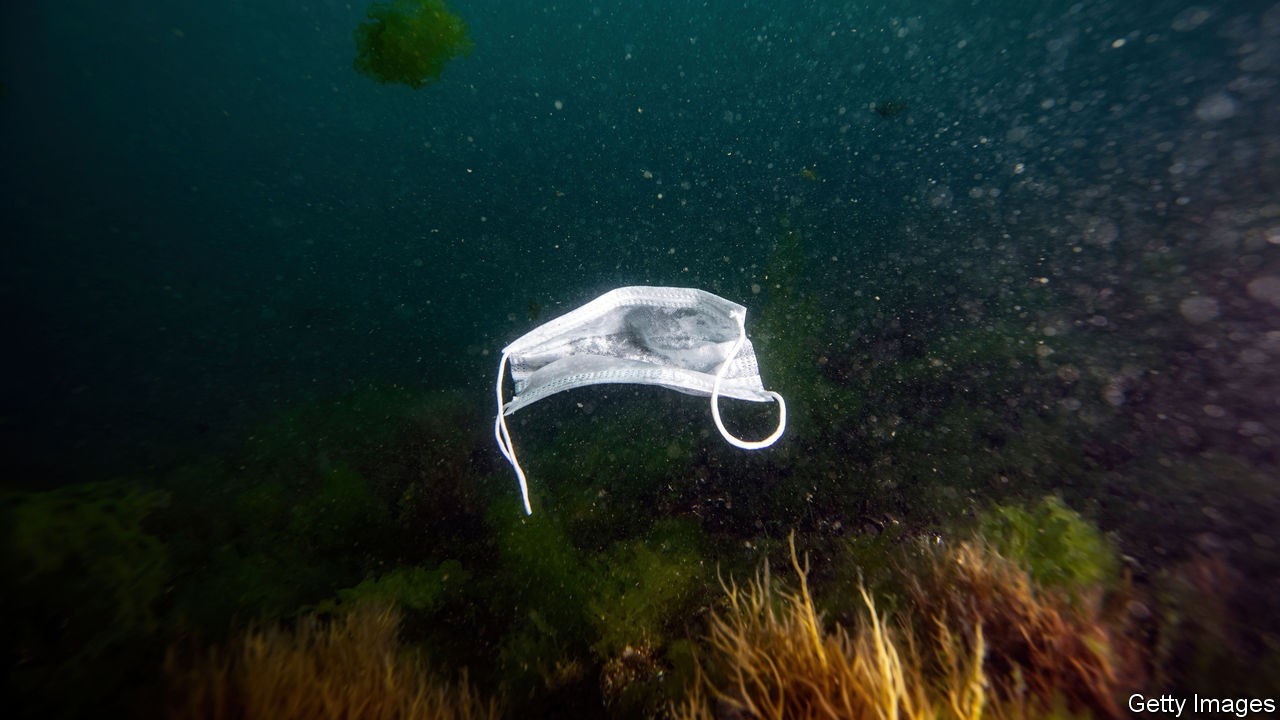
In rapidly growing Asian economies where collection of waste and recycling policies had failed to keep up with the growing number of used plastics, rubbish and the in disposable garbage, it’s often dumper near beaches, waterways or is burnt- causing massive pollution in the air, soil and water.
At the beginning of this year, many countries had promised to minimize plastic use. The pandemic however has forced some countries to disregard these plans. The world Banks warns that COVID-19 “seems to be shifting the tide toward single-use plastics.”
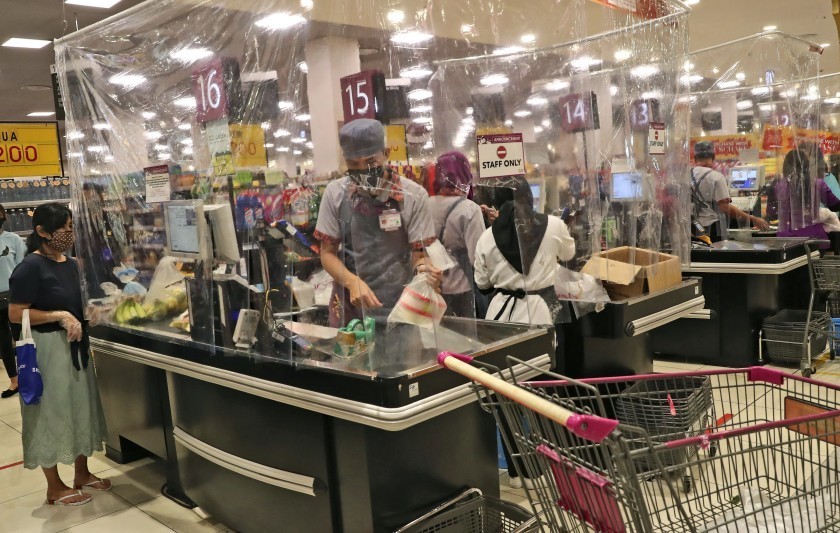
One of the countries that had banned disposable bag consumption in major stores in January, is Thailand. However, the country now expects to see it rise by 30%. Bangkok has consumed 62% more plastic alone in April than it did in the past one year, Thailand Environment Institute reports.
According to a research conducted in Bangladesh it was estimated that the country has produced over 16000 tons of plastic waste during the 1st month of the lockdown.
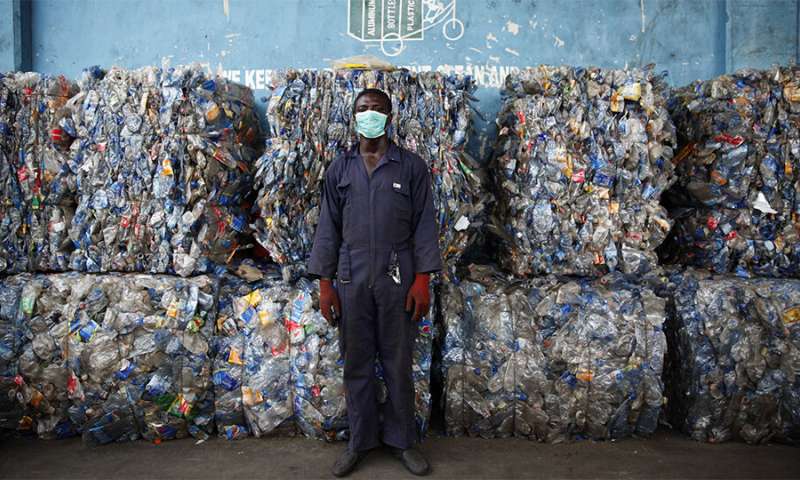
According to a survey conducted in Singapore, the country of 5.7 million population had generated an additional 1,470 tons of plastic waste from food delivery and take-out containers alone. In a country that carries heavy penalties for littering, it was a strange site to see masks being scattered and dumped on the roads and sidewalks.
Medical experts argue that reusable materials such as bags, cups and containers do not carry any additional risk of the virus spreading, considering they are properly sanitized, just like we sanitize our hands on a routine basis.
Add something to add to this story? Let us know in the comments below.
Stay tuned for more updates!
